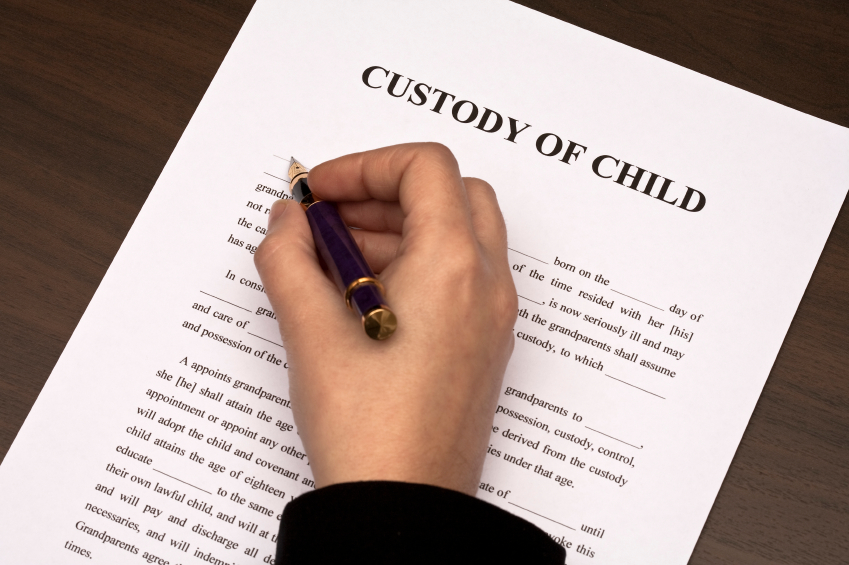
Child custody may need to be changed in some situations. A variety of different reasons exist for altering or amending a child custody order. Amending a child custody order necessitates satisfying certain requirements set forth in Pennsylvania family law.
Change Child Custody: Material Change of Circumstances
A child needs consistency in life. Consequently, the decision to change child custody is not made lightly. As a general rule, a court requires meaningful, significant reasons to change child custody. Oftentimes, this is referred to as a material change of circumstances.
An example of a change in circumstances significant enough to support an alteration of a custody order include a decline in the mental or physical health of the custodial parent, rendering that individual less capable of properly tending to the needs of a child. Another example is a situation in which the noncustodial parent is laboring under a substance abuse problem. In such a case, the parent with primary custody may wish to seek to change an existing order to provide for sole custody and supervised visitation with the child.
Best Interests of the Child
The best interests of the child is always the governing factor in matters involving custody and parenting time. This includes situations in which a parent desires to change child custody. In the final analysis, the parent seeking the modification must demonstrate to the court that changing the custodial arrangement is in the best interests of the child.
Agreement of Parents to Change Child Custody
Judges favor situations in which the parents are able to negotiate a change of custody between themselves. Reasonable communication between divorced or divorcing parents works to ensure that the best interests of a child are satisfied.
Although judges encourage settled resolutions of child custody issues, this does not mean that the court does not play a role. A judge needs to approve any proposed modification to a child custody order to ensure it advances the best interests of the child or children.
Court Hearing
If parents are unable to reach a mutual change child custody agreement, the court schedules a hearing. During a hearing, a judge gets evidence and testimony from both parents. The judge considers this evidence and testimony and determines whether a change in custody truly is in the child’s best interests.







